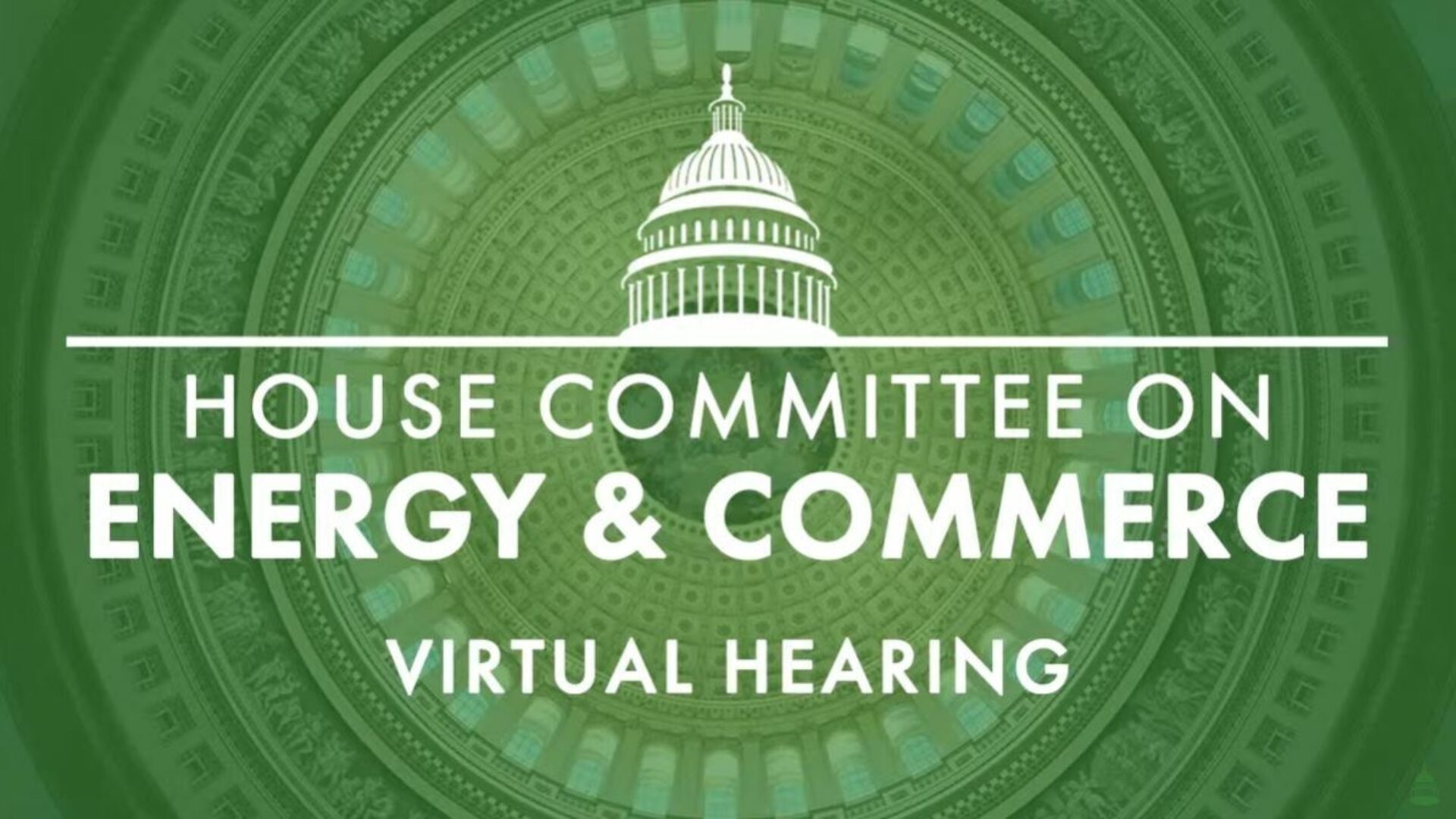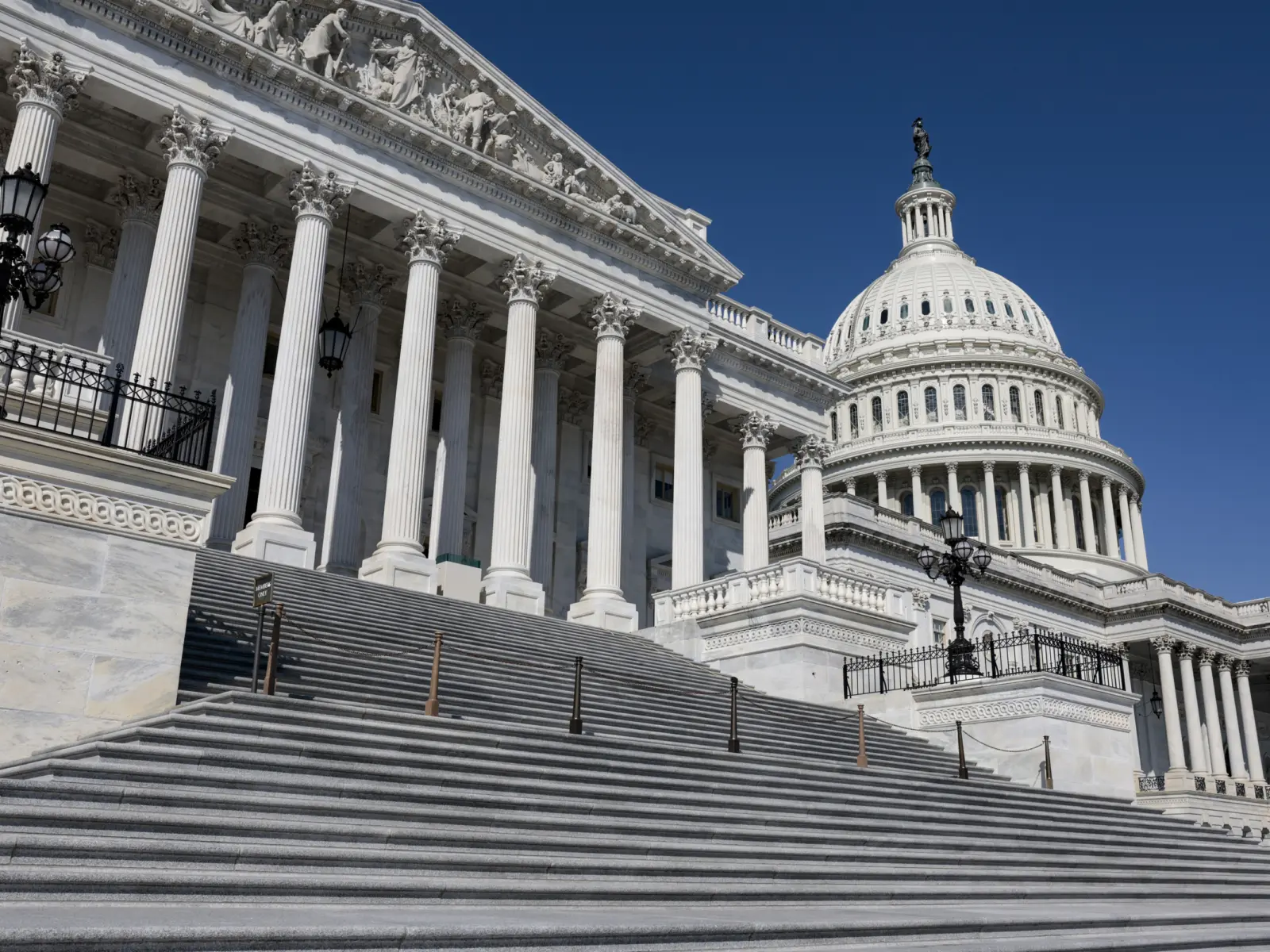The shortcomings of Medicare Advantage (MA) — a privately run, managed care alternative to traditional Medicare — came under examination during a hearing hosted by the House Energy and Commerce Subcommittee on Oversight and Investigations. Testimony by three government witnesses representing the Medicare Payment Advisory Commission (MedPAC), the Government Accountability Office (GAO), and the Office of the Inspector General (OIG) raised questions about whether MA plans, more expensive than traditional Medicare, truly deliver higher quality care to their enrollees.
The scrutiny comes amid rapidly rising spending — in part driven by MA plans — putting a greater strain on the Medicare program and taxpayers.
“The witnesses today have described how some other unscrupulous plans have put profits over patients and overcharged the government,” said Rep. Paul Tonko (D‑NY). “In an effort to be good stewards of taxpayer dollars, we should always be willing to examine how we can make certain our Medicare dollars are being spent wisely and efficiently to help all seniors in need.”
The witnesses raised concerns about MA plans’ ability to inflate their payments, the inability to assess quality in MA with existing data, and reports of MA plans preventing beneficiaries from accessing needed care. They also highlighted recommendations to strengthen oversight of the program in order to protect Medicare beneficiaries and the taxpayer dollars funding the program.
Here are four takeaways from the hearing:
#1 Medicare overpays for MA, costing taxpayers billions of dollars each year
While initially intended to be a more efficient option, MA has never produced aggregate savings for the Medicare program and is more costly than traditional Medicare. James Mathews, Ph.D., executive director of MedPAC, said excessive payments to MA plans are driven, in part, by MA plans’ ability to inflate their payments by aggressively coding beneficiary diagnoses to make them appear sicker and thus more costly than similar beneficiaries enrolled in traditional Medicare. A 2020 MedPAC analysis showed that MA plans’ coding practices resulted in risk scores that were about 9.5% higher than scores for similar beneficiaries in traditional Medicare. In 2020, MA plans’ “upcoding” amounted to an estimated $12 billion in unwarranted payments.
The problem of higher coding intensity has intensified over time, resulting in higher and higher overpayments to MA plans each year.
“The problem as it exists now will continue to grow,” Mathews said. While greater coding intensity is pervasive across MA plans, some plans engage in this behavior more than others.
Estimated unwarranted payments in 2020 due to MA plans’ upcoding
Two tactics that MA plans use to increase coding and inflate their payments are chart reviews, in which plans review beneficiaries’ medical records to identify additional diagnoses not recorded by their providers, and health risk assessments (HRAs), which are also used to identify diagnoses. Erin Bliss, assistant inspector general at the OIG, explained that when these data are the sole sources of diagnosis submitted by plans for the purpose of risk adjustment — meaning that the diagnosis is not on any other patient records — it could signal that beneficiaries have a diagnosis for which they are not receiving necessary care, or that plans are adding inaccurate or outdated diagnoses to generate higher payments.
MedPAC estimates that about two-thirds of overpayments from coding intensity can be attributed to plans using chart reviews and HRAs as exclusive sources of diagnoses. In 2017, diagnoses generated solely by chart reviews led to $6.7 billion in overspending while HRA diagnoses resulted in $2.6 billion in overpayments to MA plans.
What’s more, a relatively small number of MA plans are responsible for a large share of overpayments from chart reviews and HRAs.
“OIG found that of the 162 companies offering MA plans, 20 companies drove a disproportionate share of unjustified payments and that one plan in particular drove up to 40% of unjustified overpayment across the program even though it enrolled only 22% [of MA beneficiaries],” Energy and Commerce Committee Chairman Rep. Frank Pallone (D‑NJ) said.
For these reasons, OIG recommended that CMS reassess the use of chart reviews and in-home HRAs for the purposes of risk adjustment and conduct targeted oversight of the MA plans driving a disproportionate share of overpayments from these tactics. MedPAC has also recommended that diagnoses from HRAs be excluded from risk adjustment calculations. Acknowledging the potential value of in-home HRAs to assess seniors’ environment and medical needs, subcommittee ranking member Rep. Morgan Griffith (R‑PA) expressed support for these recommendations.
“I do agree they shouldn’t be the sole source for diagnosis,” he said.
MedPAC also recommended increasing CMS’ coding intensity adjustment so that it fully eliminates differences between MA and traditional Medicare caused by MA plans’ upcoding. And GAO has also made recommendations to address overpayments to MA plans, including strengthening CMS audits to identify and recover improper payments made to MA plans, estimated to be about $23 billion, or 10%, of total payments made to plans in 2021 alone.
#2 Lack of data and key information about what’s happening in MA is a roadblock to understanding quality and value in the program
The lack of complete and accurate data from plans has been a long-standing issue in the MA program.
“We cannot make definitive determinations about the quality of care provided under the auspices of MA relative to fee-for-service [traditional Medicare], or how that quality varies among MA plans, and one of the reasons we can’t do that is the encounter data is insufficiently complete for us to be able to reliably calculate things like patient mortality, avoidable hospital admissions, avoidable ER [emergency room] use. And until we have robust data that would allow us to calculate those things independent of the plans themselves, we are hamstrung in terms of our ability to tie Medicare payments to outcomes under the Medicare Advantage program,” Mathews said.
Information from MA plans is necessary for assessing the quality of care provided by these plans and for determining if payments are appropriate, said Leslie Gordon, Acting Director of Health Care at the GAO. The lack of complete and accurate data undermines important oversight activities and prevents beneficiaries from making informed choices when selecting an MA plan.
“It is really hard for us, in any context… to make good decisions about what to do when we don’t know what’s going on” committee Vice Chairman Rep. Scott Peters (D‑CA) said.
There are a number of steps that could be taken to address this issue. GAO has highlighted actions that CMS can take to verify if plan-submitted data are accurate, including establishing benchmarks for completeness and accuracy and reviewing medical records to verify data. MedPAC has also made recommendations along these lines to enable policymakers to obtain better information on the quality of care in MA, evaluate MA payments, and assess other aspects of the MA program.
In an effort to be good stewards of taxpayer dollars, we should always be willing to examine how we can make certain our Medicare dollars are being spent wisely and efficiently to help all seniors in need.Rep. Paul Tonko (D-NY)
#3 Denials of needed care and disenrollment signal potential quality issues among some MA plans
Not only is there clear evidence that MA plans are driving up spending in the Medicare program, there are also serious questions about the quality of care being provided, signaling the need for greater oversight.
A recent OIG report found 13% of prior authorization denials in MA were for services that met Medicare coverage rules and likely would have been provided had the beneficiary been in traditional Medicare. To address this issue, Bliss said that the OIG has recommended that CMS issue new guidance on the appropriate use of the clinical criteria MA plans use to make determinations on whether requested medical services are covered.
In their testimonies, Bliss and Gordon said their investigations have also revealed beneficiaries disenrolling in MA and switching to traditional Medicare in their last year of life, when health is generally poorer, a sign that some MA plans might be falling short in meeting their needs. “It could indicate that beneficiaries are having difficulty accessing providers for specialized care” Gordon said.
This disenrollment also drives up spending – the cost of these beneficiaries switching to traditional Medicare in 2016 and 2017 increased Medicare spending by nearly half a billion dollars each year. Disenrollment to traditional Medicare at the end of life is an example of how traditional Medicare is subsidizing the MA program, at an increased cost to the program.
#4 There is strong support for having private managed care as an option in Medicare, but experts agree that Congress needs to take additional steps to enhance oversight to protect the growing share of beneficiaries enrolled in the program and prevent overpayment
Enrollment in MA has grown significantly in the last decade. Nearly half of all Medicare beneficiaries are enrolled in MA and this number is projected to rise to nearly 70% by the end of this decade. These numbers point to the program’s growing popularity among Medicare beneficiaries and underscore the importance of ensuring proper oversight.
When committee Chairwoman Rep. Diane DeGette (D‑CO) asked the witnesses whether Congress needed to take additional steps “to course correct on Medicare Advantage” all three answered affirmatively, emphasizing the need to hold plans more accountable for quality of care and the tactics they use to drive excessive payments.
While there was consensus on the need for policy reforms and greater oversight, there was also a clear recognition that managed care ought to remain a viable option in the Medicare program. Several committee members noted that MA is popular among their constituents in part due to the extra benefits and limits on out-of-pocket expenses plans offer.
When Griffith asked: “Are you recommending that we get rid of Medicare Advantage?” all three witnesses adamantly stated that they were not in favor of doing away with the program.
“With so many millions of people enrolling in the Medicare Advantage program and the number growing exponentially each year, it has never been more important for us to ensure that this program works for patients… we’ve heard quite a bit of evidence today that there is room for improvement,” said Rep. Larry Bucshon (R‑Indiana).









